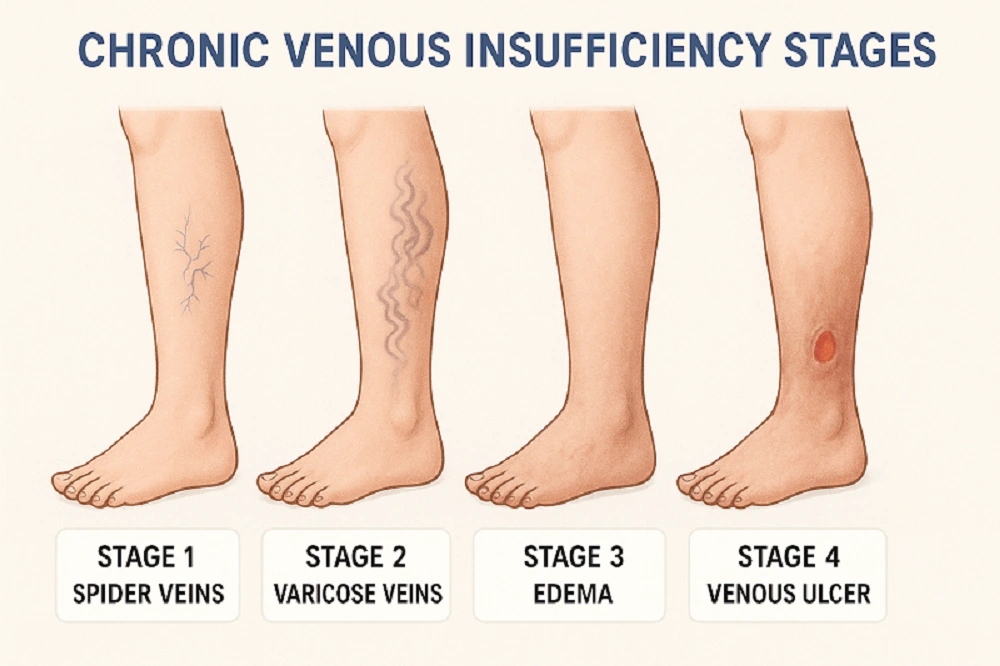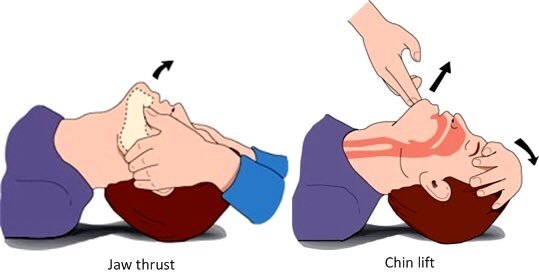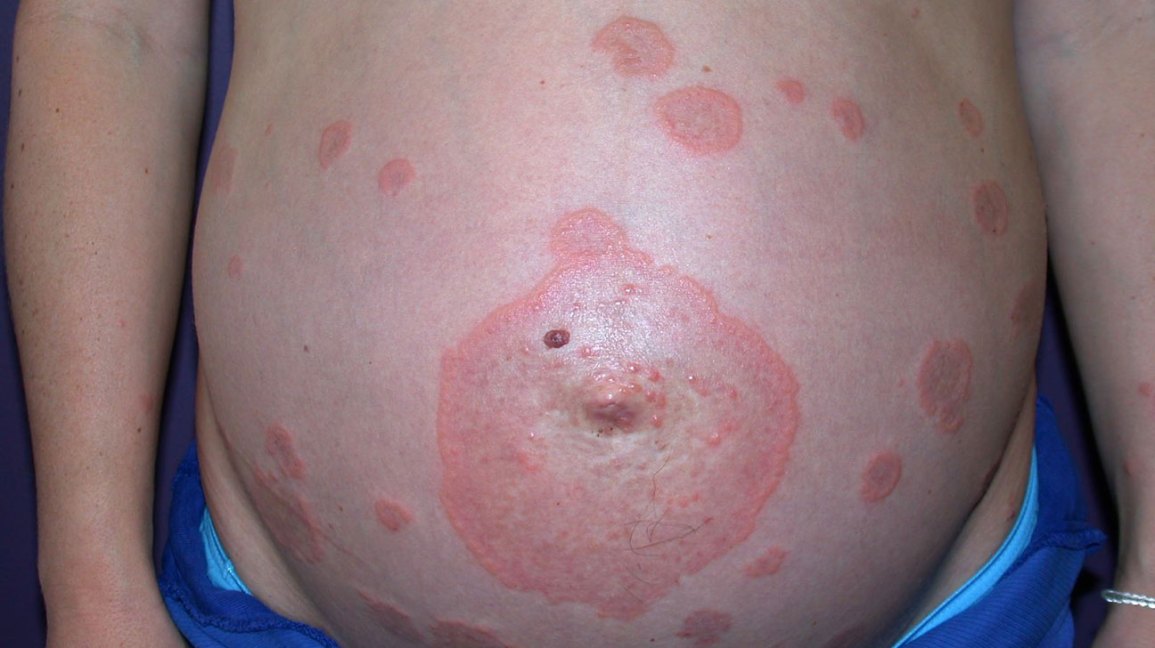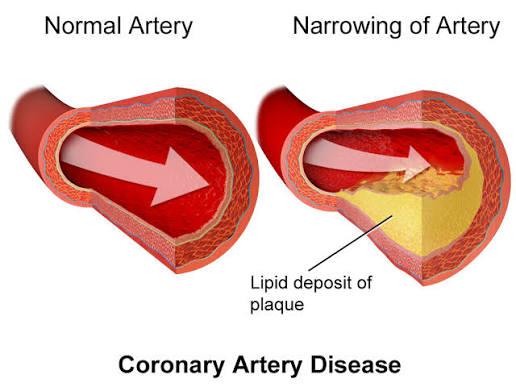
A nurse is preparing a patient for elective surgery. Which of the following is the most important preoperative instruction to provide to the patient?
- A) “You can eat a light breakfast on the day of surgery.”
- B) “You must not eat or drink anything after midnight before your surgery.” ✓
- C) “You should take all your medications as usual on the day of surgery.”
- D) “You will be able to go home immediately after surgery.”
When preparing a patient for elective surgery, it is crucial to provide clear and accurate preoperative instructions to ensure the safety and effectiveness of the surgical procedure. Among the options provided, one instruction stands out as particularly critical.
Analysis of Options:
- A) “You can eat a light breakfast on the day of surgery.”
- This instruction is generally incorrect for most elective surgeries. Patients are typically advised to refrain from eating solid food for a certain period before surgery to reduce the risk of aspiration during anesthesia.
- B) “You must not eat or drink anything after midnight before your surgery.”
- This statement aligns with standard preoperative guidelines. Most surgical protocols recommend that patients fast (NPO – nil per os) after midnight prior to their surgery to minimize the risk of complications such as aspiration pneumonia during anesthesia.
- C) “You should take all your medications as usual on the day of surgery.”
- This instruction can be misleading. While some medications may need to be taken, others (especially anticoagulants or certain diabetes medications) may need to be adjusted or withheld prior to surgery. Therefore, this instruction lacks specificity and could lead to complications if not clarified by a healthcare provider.
- D) “You will be able to go home immediately after surgery.”
- This statement is often inaccurate as well; many patients require monitoring in a recovery area post-surgery before being discharged, depending on the type of anesthesia used and the nature of the procedure.
Conclusion:
Based on this analysis, the most important preoperative instruction for a patient preparing for elective surgery is:
B) “You must not eat or drink anything after midnight before your surgery.”
The reason for that is to prevent aspiration during anesthesia. If there’s food or liquid in the stomach, when they’re under anesthesia, they might vomit and inhale it into their lungs, which can cause pneumonia or other complications. So fasting is crucial.
This instruction minimizes the risk of pulmonary aspiration during anesthesia induction, a potentially fatal complication caused by stomach contents entering the respiratory tract. Preoperative fasting guidelines (typically 6–8 hours for solids and 2 hours for clear liquids) are standardized across surgical practice to ensure gastric emptying







